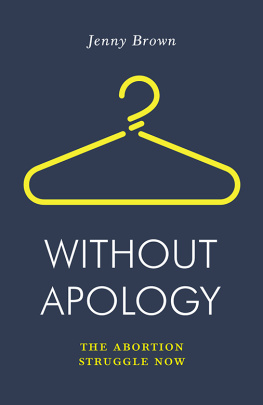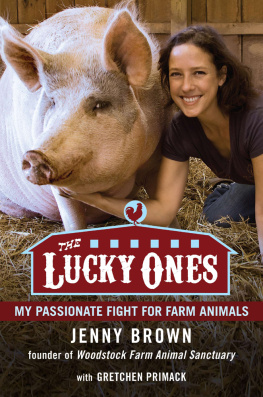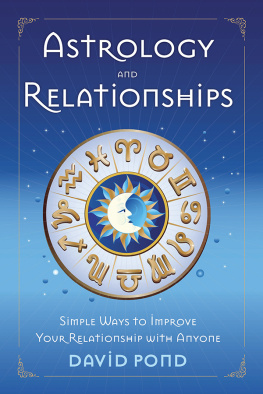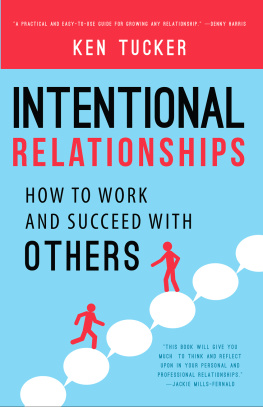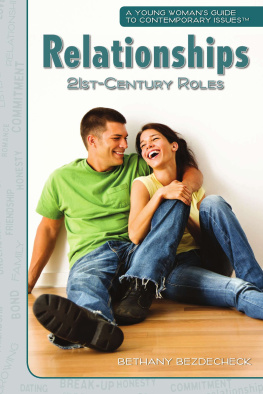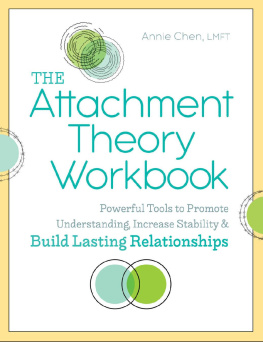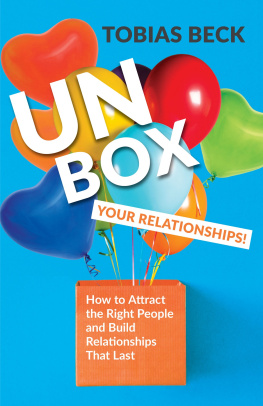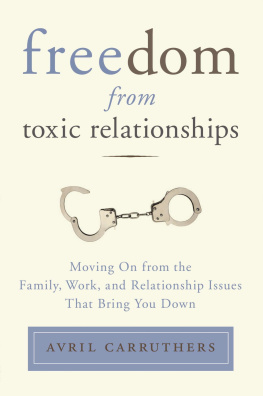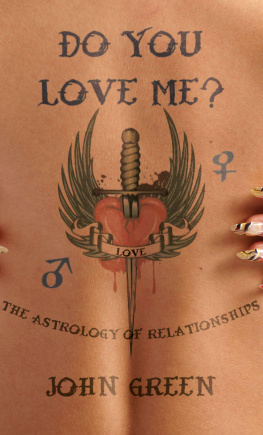part 1
UNDERSTANDING the RELATIONSHIP FOUNDATIONS of adult maturity
Becoming a self in our relationships
People frequently are willing to be individuals only to the extent that the relationship system approves and permits it.[1]
Michael Kerr MD
The only person we can change and control is our own self. Changing our own self can feel so threatening and difficult that it is often easier to continue an old pattern of silent withdrawal or ineffective fighting and blaming.[2]
Harriet Lerner PhD
My husband doesnt make any effort to show me he cares.
I have given everything to my daughter; why cant she get her life together?
My parents never encouraged me and now I am suffering for it.
Theres a common thread to the complaints or concerns that many people bring to a counsellors office. The problem is the other person and everything would be better if that person realised this. Many are often surprised to hear me say that the only change effort that I think is productive is to figure out what can be changed about ourselves. I explain that to improve a relationship, I believe were best served by working on understanding and making adjustments to our own reactions in relationships. In response to the idea that focusing on self is a worthwhile project, I regularly hear the question, Isnt this selfish? Others protest, Isnt it clear that the symptoms or irresponsible behaviour is in the other person?
Certainly its easy to see that focusing on self-entitlement at the expense of others is not constructive. But consider how an effort to change another, who is beyond our control or responsibility, is counterproductive: the more we focus on whats wrong with others, the less aware we are of what others have to deal with in relating with us.
The flip side of the coin is the person who always focuses on whats wrong in themselves. This self-blame, a learnt response, is a reaction to an upset in another person that is then personalised. Whether its trying to change another or blaming ourselves for anothers predicament, our viewpoint is narrowed to putting the issue into one individual. The upset arises in our relationship reactions yet we so easily treat the problem as if its in the one person, and then set about trying to change them or judge them. Any kind of change-and-blame dance can feel like its about making life improvements, but when you step back and look at the reality, its hard to see any evidence of people growing going on.
A dose of relationship maturity for everyone
Are any of us really at the peak of maturity? In my own life and in my years of counselling practice, I havent yet met anyone who wouldnt benefit from maturing a little more to improve their effectiveness and health in life. I would even go so far as to say that every problem brought to counselling could be more easily resolved if the concerned person first looked carefully at how their own instinctive reactions are getting in the way of issues being addressed effectively in connection with others. Whether its a relationship in strife, an addictive habit, a defiant child or a debilitating anxiety, all these situations would be helped by the presence of thoughtful adults, who expressed themselves responsibly without telling others what to do or waiting for others to fix things for them. The overriding question for growing ourselves up is: Am I up for addressing the immature part Im playing in my relationships? This question has potential to generate genuine awareness, not a pretend, inflated view of ourselves. Seeing what we need to change about our unhelpful reactions, and working on them in the world of relationships, creates positive ripple effects into the systems were part of. It can even ripple into future generations.
Figuring out our maturity level when under relationship pressure
The first step to growing a more mature self is to assess where youre starting from. How real is your estimation of your own maturity? I know for myself that I can think Im pretty grown up when things are relatively calm and in my control; but when a good dose of relationship pressure gets injected into my world, in the blink of an eye my inner child surfaces. This inconsistency in my maturity is seen when in one context I can stand up in front of large audiences and deliver a presentation with poise and confidence, and then find myself the following weekend in the midst of a storm of extended family upset where I lose my ability to speak at all. In one setting I can contain my nervous energy to stay focused on my task; and in a different environment I cant think for myself because Im caught up in reactions to someone elses upset. One minute I look and feel all grown up and then, in an instant, immaturity jumps to the fore to take centre stage.
Discovering our inner child or growing our inner adult?
Much has been written about how to rediscover our inner child. Maybe the appeal of reclaiming the child within is all about finding the innocence and vulnerability that hasnt been tarnished by the challenges and pains of life. I can see that the playfulness and adventuresome spirit of childhood is worth staying in touch with throughout life. However, there are lots of things about being a child which dont help us through challenges or assist us to fulfil our responsibilities in the varied aspects of life and relationships. Focusing on healing childhood hurts has been given lots of airplay but perhaps wed be better served if our focus went into growing our inner adult consistently across all areas of our relationships.
To get a clear picture of what it is to be mature, lets take a look at what childhood immaturity looks like. One of the hallmarks of childrens energy is the push to get their needs instantly met. The young child hasnt learnt to tolerate waiting for, or being denied, what they want. A two-year-old expects to be instantly gratified. Its as if they want to return to the womb, where being attached to their mothers umbilical cord ensured that everything good was on tap. The toddlers tantrum is always triggered by not getting their way. They insist on having what they want and having it now! The trademark of the childish tantrum is that emotions are out of control. Mum has just said no to the request for the chocolate bar on display at the supermarket checkout and the child dissolves into a catastrophic meltdown as if the world were coming to an end. The drama, the decibels and the distress are way out of proportion with the facts of what caused the upset.
The relationship language of childhood
Feelings dominate the life of the child who has not yet developed or learnt to mobilise their thinking brain to solve the problems of lifes setbacks. The childs world revolves around finding the fastest route to getting comfortable, to being nurtured and gratified by others. Their focus is on getting what they want from others and not on what they expect of themselves in terms of reasonable behaviour. Have you noticed what the precocious child says when they are denied what they feel entitled to? They cast all their blame on the other and declare they hate that person. My father enjoyed retelling the story of my three-year-old efforts to muster the cruellest tirade I could find in my limited vocabulary, as an act of revenge. I was slighted when my dad stopped me from playing with his shaving equipment. The story goes that I looked him in the eye and said, You are a dumb, dumb! You are a pooh, pooh, dumb, dumb! All of my childhood efforts went into finding the most potent insult to hoist on my father who had denied me my fun with razors and shaving cream.
Another aspect of childhood is doing whatever it takes to get out of unpleasant tasks. The child resorts to whinging until their carer takes over for them rather than persevering with something that doesnt come easily, such as tying shoelaces or packing away toys. On the other hand, if the task of the moment is pleasurable, the child is reluctant to allow another onto this turf to share the fun and the spotlight. They are also appalled at the prospect of having to stop the fun activity when its time to move on. The childs skills of protest or procrastination in order to prolong self-gratification are impressive.
Next page

